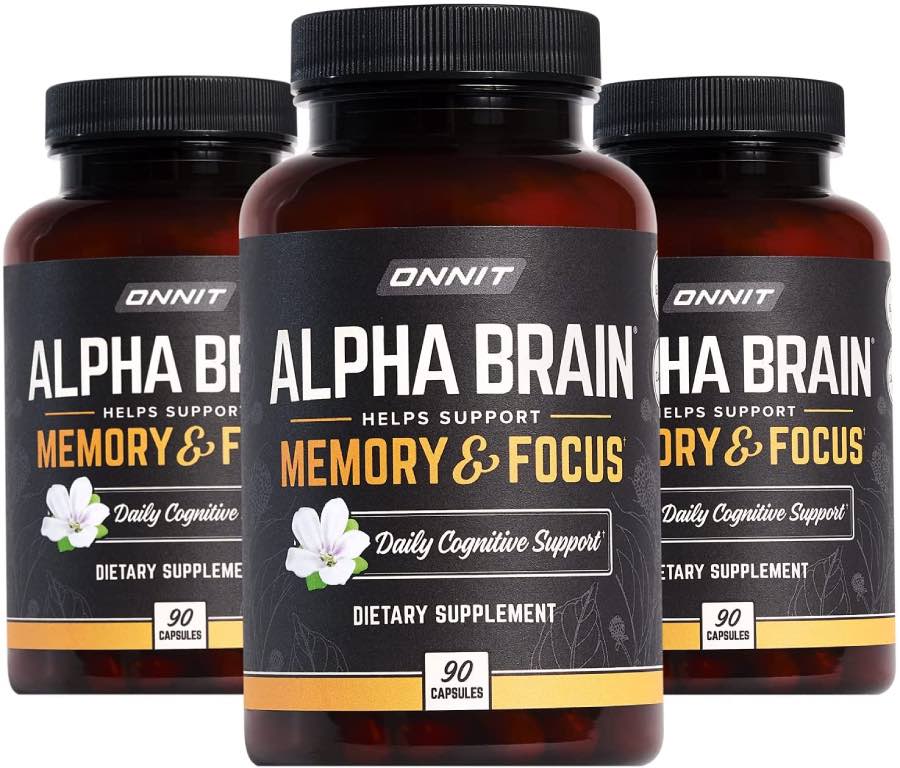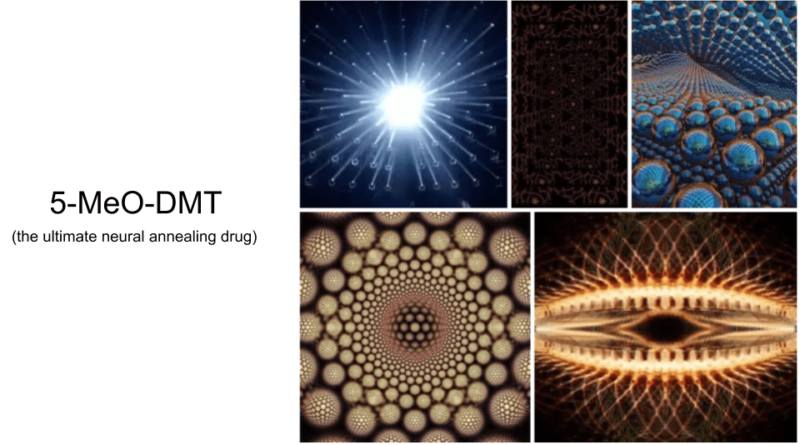DMT Therapy Breakthrough Research
[Please note that this page contains affiliate links. If you choose to purchase after clicking a link, I may receive a commission at no extra cost to you.]
DMT therapy has the potential under proper circumstances can dig deep into the inner consciousness down to the root causes of problems such as anxiety, depression, and addiction.
These distinctions directly with modern psychiatric treatments to mental health issues like depression, the usual treatment of symptoms for depression are medications such as antidepressants.
A more efficient way to help deal with the initial trauma that caused their current mental health issue, illness, and addiction would be a revolutionary step forward when dealing with the world-rising mental health crisis.
DMT Therapy Mysteries
Along with other entheogens, DMT has many unanswered compelling questions that have yet to be answered. For example, everybody has DMT throughout the brain and body, and scientists have no idea its purpose.
Researchers believe DMT is one of the only known compounds the brain absorbs the body doesn’t first produce like regular compounds like amino acids.
Dr. Rick Strassman was the only person in the world in the 1990s granted access to study DMT, and he wrote the book DMT: The Spirit Molecule.
Strassman says, “That makes you ponder the idea of if DMT might be apart every day normal consciousness.”
“A recent discovery the past few years has found that the gene and the enzymes that synthesize DMT are very active in the retina. Meaning that DMT is controlling visual perception as a regulation of consciousness,” Strassman explains.
DMT therapy may help us better understand what imagination is and its purpose.
Perhaps part of its imaginative purpose is healing.
DMT Therapy Effects
A DMT trip typically lasts about 15-30 minutes as the body breaks it down quickly, making it hard to research its effects.
Dr. Strassman and colleague Andrew Gallimore published a new research paper in 2016 showing a methodology for giving DMT nonstop for several hours to extend the DMT therapy experience hours longer.
Their purpose in their study was partly to look at the possibility of using DMT in a therapeutic setting.
The DMT Therapy Resurrection
Johns Hopkins, in 2006, published their scientific paper detailing the “positive effects” of psilocybin, which is a form of DMT.
This study is often seen as the moment that started the resurrection of psychedelic therapy research worldwide.
The Johns Hopkins Center for Psychedelic & Consciousness Research’s primary research purposes are on “how psychedelics affect mood, behaviour, brain function, biological markers of health, and cognition.”
The research has already shown an abundance of positive effects has already shown positive therapeutic results in people dealing with a wide range of ailments, which include:
- Substance abuse disorders like alcohol, smoking, as well as other drugs
- Depression and it works well for treatment-resistant depression
- Anxiety caused by life-threatening diseases like cancer
The upcoming and current psilocybin therapy studies it as a realistic therapeutic choice to treat physical, mental, and health issues. These include:
- Alcohol use in people with major depression
- Behavioural addictions (including anorexia nervosa)
- Substance abuse (including opioid addiction)
- Lyme disease
- PTSD (post-traumatic stress disorder)
- Alzheimer’s Disease
The hope is for researchers to come up with specific therapies to meet the needs of every individual patient and how DMT therapy can be similarly beneficial.


